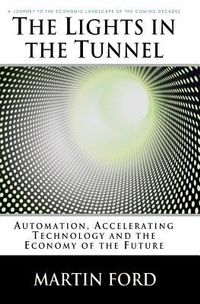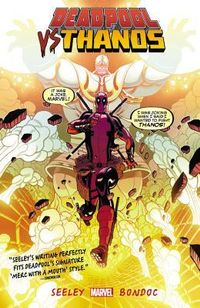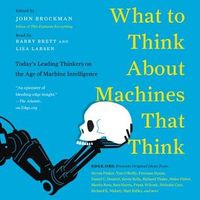
The Lights in the Tunnel: Automation, Accelerating Technology and the Economy of the Future
A Economics, Technology, Culture book. Certainly a very interesting and probably presentient book. The only negative is the faith the author seems to have in...
What will the economy of the future look like? Where will advancing technology, job automation, outsourcing and globalization lead? This groundbreaking book by a Silicon Valley computer engineer explores these questions and shows how accelerating technology is likely to have a highly disruptive influence on our economy in the near future--and may well already be a significant factor in the current global crisis. THE LIGHTS IN THE TUNNEL employs a powerful thought experiment to explore the economy of the future. An imaginary "tunnel of lights" is used to visualize the economic implications of the new technologies that are likely...
Download or read The Lights in the Tunnel: Automation, Accelerating Technology and the Economy of the Future in PDF formats. You may also find other subjects related with The Lights in the Tunnel: Automation, Accelerating Technology and the Economy of the Future.
- Filetype: PDF
- Pages: 262 pages
- ISBN: 9781448659814 / 0
Bk2lgUruO38b.pdf
More About The Lights in the Tunnel: Automation, Accelerating Technology and the Economy of the Future
I thought the "lights in the tunnel" metaphor was not very illustrative, but I agreed with everything this book was saying about the upcoming problem. Increasing automation is reducing the ability of the average worker to find any job, and this situation will only get worse as computational power grows exponentially. At some point,... Certainly a very interesting and probably presentient book. The only negative is the faith the author seems to have in the political process. It is basically our only hope and to me that is reason for concern. The author does a great job in describing and arguing how automation and technology is reducing the workforce in many sectors of the economy. He argues well that the question is not how can we create more jobs, but how do we live in an economy that does not require millions of people to actually work the way we have done for centuries?...











